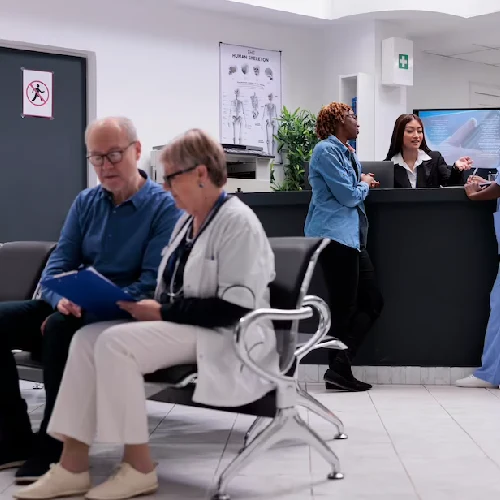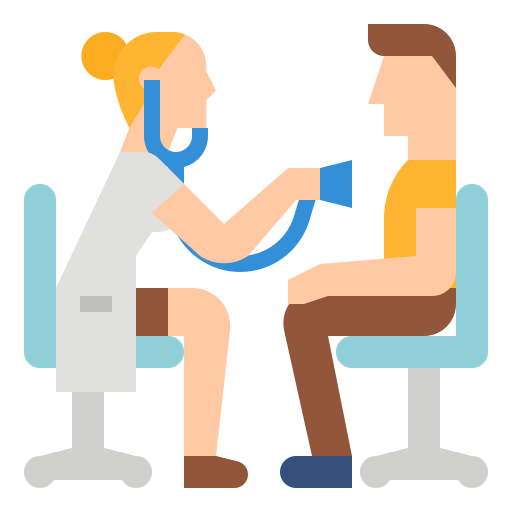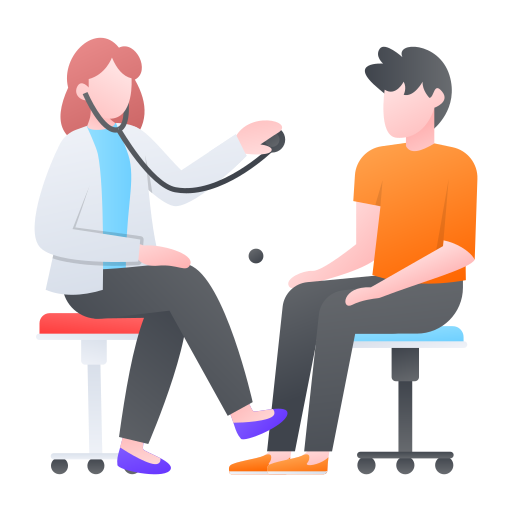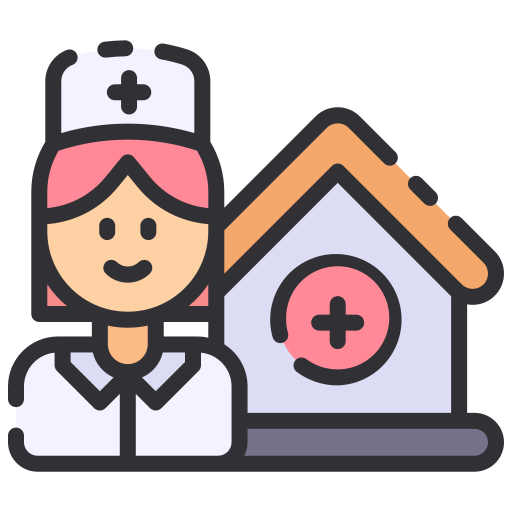
OUT PATIENT CARE
Outpatient treatment is generally considered to be less restrictive than inpatient programs. Outpatient recovery programs fall into 2 different levels of care: partial hospitalization and intensive outpatient. Each level typically occurs after a residential treatment stay or if assessed as the appropriate level to start off at by a behavioral health professional.
BOOK AN APPOINTMENT

Partial hospitalization programming (PHP) is the most intensive type of outpatient treatment, which focuses on stabilizing behaviours in early recovery. Most residential programs have a PHP that patients commonly transition to if they live locally. PHP programs are generally 5-6 hours of treatment per day, usually for 5-6 days a week. This level of care is often done while not working, as the treatment itself can be as time-consuming as residential treatment.
Intensive outpatient programming (IOP) is a step down from PHP, in which patients begin to return to their daily lives by attending services for 3 hours of treatment per day for 3-5 days a week. This allows more flexibility for work and life needs, as well as an opportunity to readjust to the world with support.
These sessions focus on relapse prevention, psychoeducation, individual, and group counselling; teaching recovery skills to help reduce relapse and promote long term recovery. Outpatient treatment can be a helpful option for someone with a mild substance use disorder, or it can be part of a long-term treatment program. Outpatient drug rehab can last 3 to 6 months, similar to inpatient treatment, but can last for well over a year for more serious cases.




